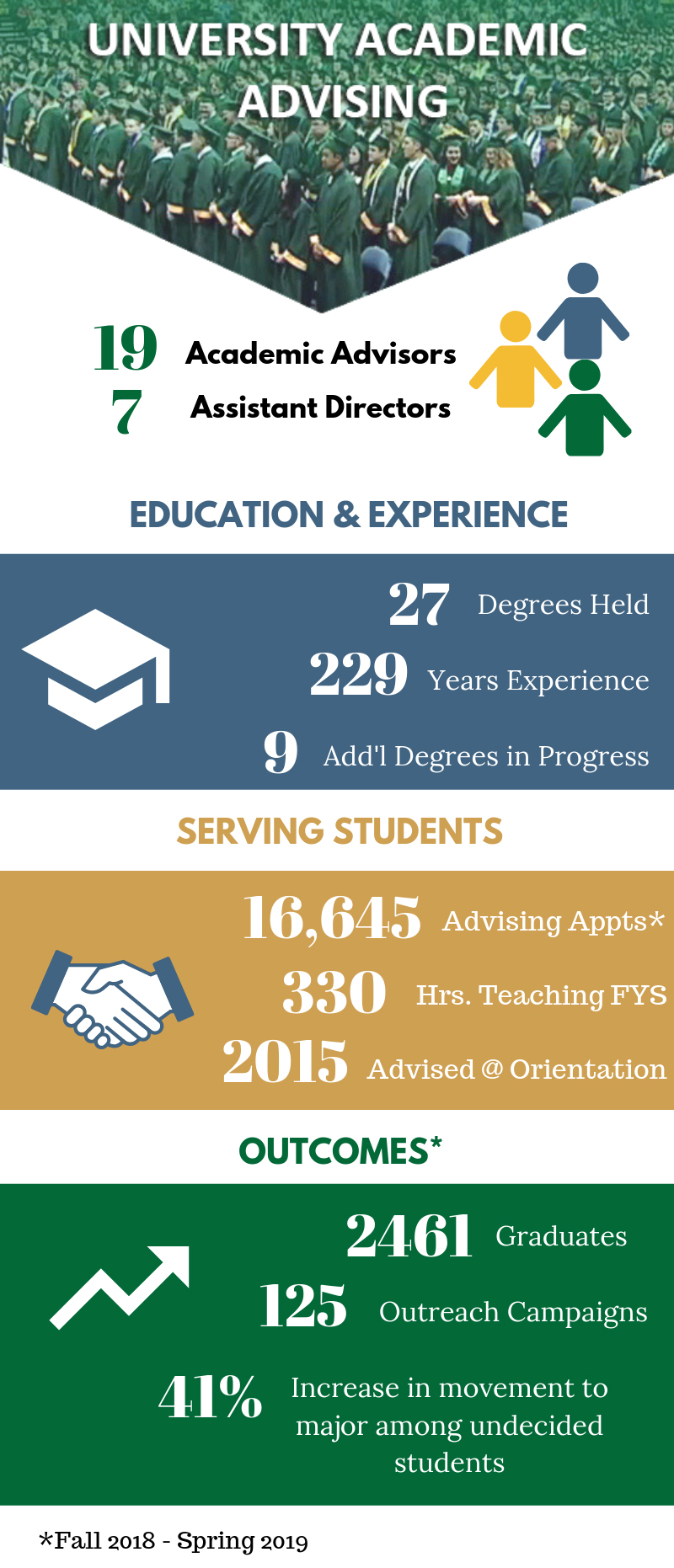Student Success Services Summer 2019 Newsletter

Table of Contents
- Welcome
- Student Success Suites
- Join us for Conversations on Student Success
- Early Alerts Launch
- Summer Academic Advising
- Supplemental Instruction
- Summer Bridge to Success
- Career Education
Welcome from Tim Littell, AVP Student Success
 Welcome to the Student Success Services newsletter. We look forward to once again sharing news of programs, services, and upcoming events. Like many areas of campus, we’ve experienced organizational re-structuring which has broadened the scope of services we provide to help students achieve their academic and career goals.
Welcome to the Student Success Services newsletter. We look forward to once again sharing news of programs, services, and upcoming events. Like many areas of campus, we’ve experienced organizational re-structuring which has broadened the scope of services we provide to help students achieve their academic and career goals.
Guided by values focused on people, progress, and partnerships, Student Success Services has evolved to bring together Foundation Studies, Academic Support, Career Services, and University Academic Advising. Our overarching goal remains fostering students’ persistence, retention, and degree attainment by providing clear and coherent pathways through educational planning, career development, and academic support.
Leading the collaboration of our Student Success Initiatives is the team of Denise Anderson, David Bringhurst, Amanda Spencer, and Cheryl Stuart, supported by many talented staff members whose daily efforts ensure these programs succeed in meeting students' needs. You’ll read more about them in the articles to follow.
We appreciate your time to engage with us, and want to thank Brittany Erwin, Assistant Director of University Academic Advising, and Kim Stephens, Coordinator of First-Year Programs, for providing content to help us share the message.
Student Success Suites Combine Academic & Career Services
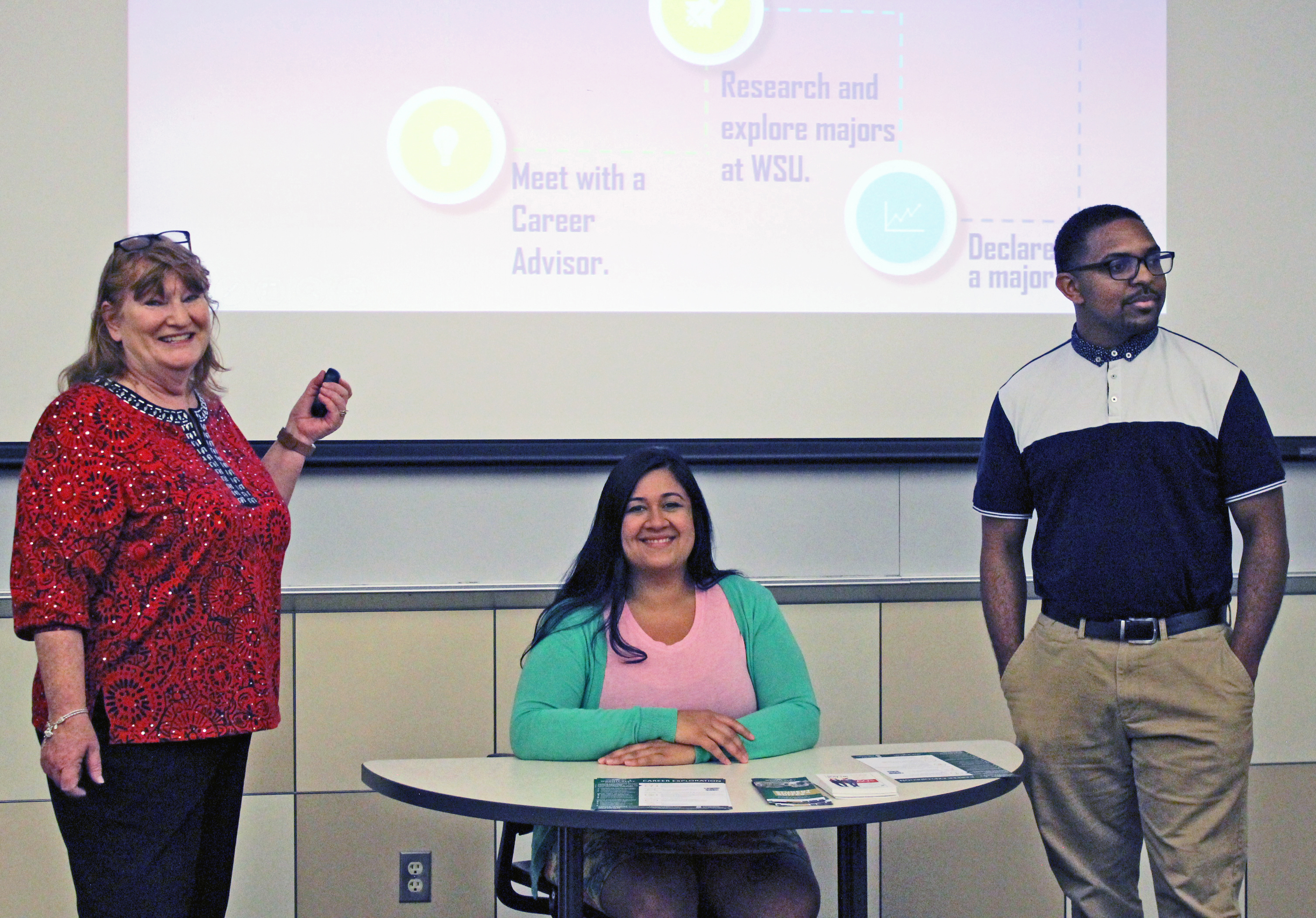
Both the National Academic Advising Association (NACADA) and National Association of Colleges and Employers (NACE) support the benefits of integrating academic and career advising. At Wright State's Dayton campus, we have recently organized 7 new Student Success Suites to provide unified support from Career and Academic Advising staff for students who have already selected a program of study or may still be exploring their options. Locations across campus ensure there is a Success Suite in each college, increasing visibility of services and enabling easier referrals.
This collaboration presents students with a more cohesive academic and career direction, resulting in increased engagement and retention. Services intentionally connect personal, academic, and career goals through degree planning, interest inventories, and professional skills preparation, along with co-op and internship opportunities. Through RAPS (the Raider Academic Progress System), students can schedule advising appointments, while academic advisors and career professionals are able to share student records and case notes for a more holistic approach. Supplementing their work in the Success Suites, they also work together on exploratory presentations and first-year seminars for new students.
Helping students find success and meaning in the richness of their college experience often includes connecting their life goals to their academic endeavors. While at times students may struggle to articulate clear objectives and plans to achieve their goals, academic advisors and career professionals are uniquely positioned to help them identify pathways toward reaching them. Discovering, exploring, and navigating options can be a challenge for new and continuing students. The goal of Student Success Suites is cooperative and seamless assistance throughout the journey.
Join us for Conversations on Student Success
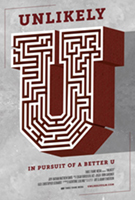 A grant from Strong Start to Finish has provided us an opportunity to bring back our professional development series "Conversations on Student Success." This Fall the topic is Building Momentum for Clear Pathways to Academic Success and Equity. To kick it off, we are partnering with the Office of Diversity and Inclusion to bring the documentary film Unlikely to campus on Thursday, September 5 in the Student Union. Look for more details, including the time of the screening, to come in late August. Set it the cities of Akron, Atlanta, Boston, and Los Angles, five students fight for a second chance at higher education. This film examines the barriers today’s students face in the pursuit of education and meaningful careers. Immediately after the screening, the filmmaker will join us for a panel discussion. This event is free and open to the public.
A grant from Strong Start to Finish has provided us an opportunity to bring back our professional development series "Conversations on Student Success." This Fall the topic is Building Momentum for Clear Pathways to Academic Success and Equity. To kick it off, we are partnering with the Office of Diversity and Inclusion to bring the documentary film Unlikely to campus on Thursday, September 5 in the Student Union. Look for more details, including the time of the screening, to come in late August. Set it the cities of Akron, Atlanta, Boston, and Los Angles, five students fight for a second chance at higher education. This film examines the barriers today’s students face in the pursuit of education and meaningful careers. Immediately after the screening, the filmmaker will join us for a panel discussion. This event is free and open to the public.
Then, later in the semester, the conversation will focus on better understanding socio-economic issues in a workshop entilted “Bridges Out of Poverty.” Participants, through an interactive experience, will learn the “hidden rules” that govern many aspects of life for the poor. People in poverty are often in survival mode, and support systems taken for granted in middle class and wealth are largely nonexistent. For some of our students, this becomes a great challenge as they pursue higher education. This workshop will be held in two parts where participants gain awareness of the impact of poverty on the students we serve.
New Early Alerts System Launch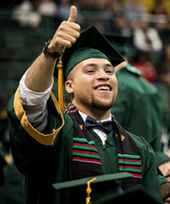
While Early Alert systems aren't new to higher education or Wright State, we are continually looking for ways to improve their successful use. Progress reporting initiatives, here and elsewhere, are often criticized for a lack of consistent follow up communication to those who've initiated the alerts – most often faculty members.
This summer, the Division of Student Success is launching a new and improved Early Alert system using EAB’s Navigate software (aka RAPS) to help remedy this communication gap. RAPS Early Alerts will run alongside the existing Wright State-produced system. Once use and impact of the enhanced technology has been assessed, plans will be made to sunset the old system.
Features within the new system are designed to improve effectiveness and ease of use. Most importantly, RAPS Early Alerts uses "push" technology for communication, unlike our current system. The Progress Report Campaign feature enables faculty to receive an email with a link several times throughout the semester. Clicking on the link will take the instructor to their own page within the system, and provide the opportunity to create alerts for any students in their courses who might be showing early signs of struggle in the course. A list of “reasons” is presented, addressing attendance and performance issues in the classroom.
One of the keys to successful early alert systems is faculty adopting opportunities early in the semester for gauging student performance. Attendance issues are easy to identify early, but without some sort of graded work – even low stakes quizzes – it can be difficult to assess student academic performance. We’re hopeful that faculty will find early opportunities to assess student progress.
To complete the feedback loop, the system is designed to send an email to the faculty member when an early alert case has been closed. In addition, faculty can enter the system on their own and follow their students’ progress. The communication process is intended to support a more effective process and address concerns about "shouting into a black hole."
The summer roll out is a limited one as we work through the process for the first time. It includes all three summer terms (A, B, and C), and involves about 20 brave faculty members and more than 20 courses from over half of Wright State’s colleges. The Fall semester roll out will be more robust and will focus on primarily first-year students and the courses they take.
Summer Academic Advising
While you many think of summer as a “break” between spring and fall semesters, summer is one of the busiest seasons for Academic Advising. In addition to our regular meetings with students, Academic Advisors collaborate closely with colleagues across the university for events, outreach, intervention, and initiatives focused on enrollment, student success and timely degree completion.
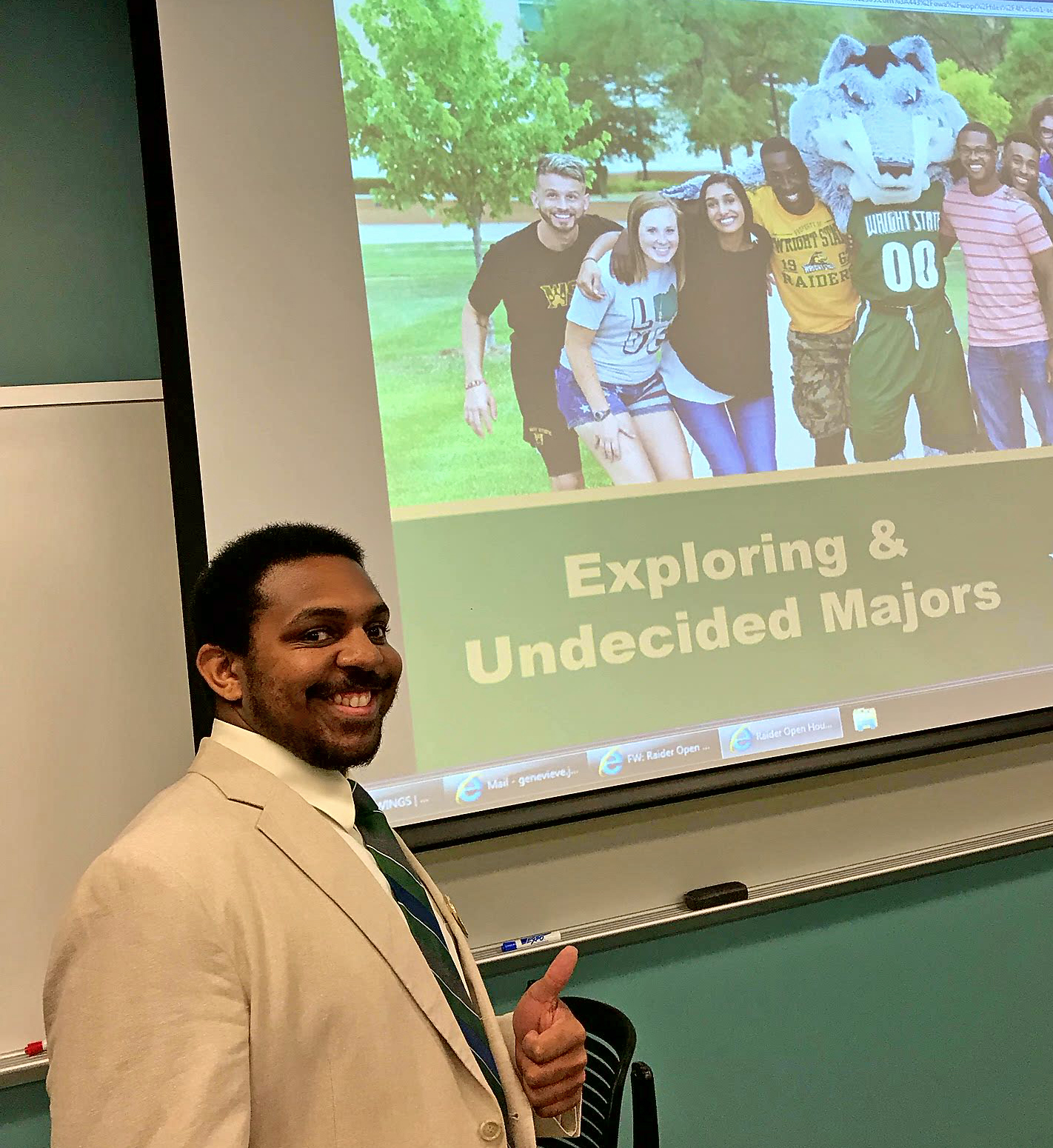 Each summer, Advisors look forward to welcoming new students during Orientation. For Orientation’s seventeen sessions, advisors spend the afternoon teaching students about academic advising, demonstrating how to register for courses and then assisting students with enrolling for their first-ever semester of classes! To prepare for these events, Advisors review each student’s record for transfer work, AP courses, math and writing placement levels, interests, and career goals in order to expertly recommend courses that will keep them engaged and on track for graduation.
Each summer, Advisors look forward to welcoming new students during Orientation. For Orientation’s seventeen sessions, advisors spend the afternoon teaching students about academic advising, demonstrating how to register for courses and then assisting students with enrolling for their first-ever semester of classes! To prepare for these events, Advisors review each student’s record for transfer work, AP courses, math and writing placement levels, interests, and career goals in order to expertly recommend courses that will keep them engaged and on track for graduation.
In addition to welcoming and enrolling these new students, advising units are dedicated to contacting hundreds of our continuing students who have not registered yet to see how we can help them get enrolled for fall. We also continue advising students of all types—new, transfer, non-degree,prospective, etc.—one-on-one, evaluate transcripts for incoming students, process change of major and minor requests, assist in transfer course evaluation, write letters of support for financial aid and foreign embassies, and address hundreds of student queries by email and phone.
Though all of these services contribute to student success and achievement, advising units also continue to use innovative methods to increase student achievement and success. Utilizing the predictive analytics in RAPS, Academic Advisors have been actively involved the targeted Early Alert intervention initiative piloted this summer. Following the faculty issuance of an alert, the student’s Academic Advisor is assigned to the case within RAPS for appropriate follow-up. Once an alert has been suitably addressed, the Advisor then closes the loop by entering the resolution into the system for the faculty to see. This will allow us, in partnership with faculty, to provide consistent early intervention and extra support to students who need it most, ultimately furthering their ability to be successful and stay on the path to graduation.
With these goals in mind, Academic Advising units are also working hard this summer to finalize academic program maps. For each academic program, every individual student will have a program map tailored to their academic needs. Given the ever-increasing numbers of students with prior credit, this will be no easy feat, but rest assured Academic Advising is up to the challenge. After all, for Academic Advising, student success and a clear path to graduation drive is what we do, all seasons of the year. See Advising Fast Facts.
Supplemental Instruction & Student Leaders
Supplemental Instruction (SI) is an academic support model developed by the University of Missouri–Kansas City (UMKC). It uses peer-assisted study sessions to support students toward academic success in targeted courses. UKMC describes it as integrating “what to learn” with “how to learn.”
The SI program provides peer support by having students who succeeded in traditionally difficult academic courses lead regular review sessions outside of class to help other students complete these courses. The U.S. Department of Education validated the effectiveness of SI. Their findings indicate that when compared to students who do not participate in SI, students participating in SI:
1. Earn higher mean final course grades
2. Succeed at a higher rate -- with a lower rate of course withdrawal and a lower percentage
3. Persist at the institution at higher rates
Dawson, P., van der Meer, J., Skalicky, J., Cowley, K. (2014). "On the effectiveness of supplemental instruction A Systematic Review of Supplemental Instruction and Peer-Assisted Study Sessions Literature Between 2001 and 2010". Review of Educational Research. 84 (4): 609–639.
Meet SI Leader Kayla Evans
Hi, my name’s Kayla! I am from South Charleston, Ohio, a small town in Clark County, and I’m an [almost] sophomore majoring in mechanical engineering. After graduation, I plan to attend graduate school here at Wright State to study aerospace systems engineering, and one day I would love to work for SpaceX as a propulsion development engineer. During my time in the engineering program, I would like to focus on thermal fluids systems and thermodynamics. My journey as a peer leader began in fall semester of 2018 when my Intro to Chemistry professor approached me about being her SI leader for the spring semester. As a peer leader, I was able to experience firsthand how a small amount of support and confidence in students taking the class could help them become independent and confident in themselves. During my time as an SI leader I learned many important things about leadership and teamwork, most importantly that both leadership and teamwork must coexist simultaneously to provide for an effective and enriching environment. I struggle with social anxiety, but being an SI leader has given me the confidence I need to interact with my peers and develop incredible friendships.
Raider Academy Summer Bridge to Success
The Raider Academy summer program at Wright State University is a special opportunity for students to step gently into the college experience during a quiet summer session with access to faculty, staff, and other students, both new and returning. This unique program allows students to be in control of their own academic success, and earn a scholarship by successfully completing the program.
Students enroll in Summer B courses and complete the Academy with credit hours to apply to degree requirements. The program is designed to support students in their transition to college while building non-cognitive skills through the First-Year Seminar component. Summer bridge programs like Raider Academy have been shown to reduce time to graduation, increase core competencies, and improve overall student retention.
In 2018, Raider Academy served 13 students, mostly from area high schools, who earned an average GPA of 3.15 for the summer term. Of those, 38% participated in co-requisite composition courses (ENG 1100/DEV 0920) through the Accelerated Learning Program (ALP). In ALP, students in need of developmental composition coursework, co-enroll in a developmental support course while simultaneously completing a core English course. ALP data indicates enhanced student performance when taking developmental courses concurrent with related credit-bearing coursework.
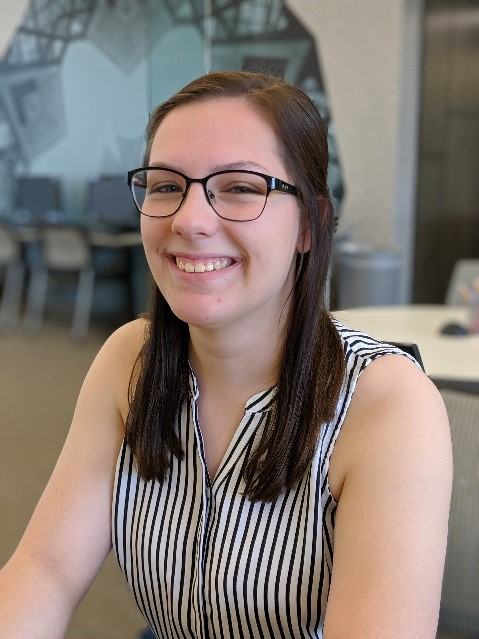
Past academy students have identified additional benefits to participation.
Raider Academy helped me adapt to the campus environment, develop quality resources to assist me in my education, and lead me to wonderful opportunities such as being a Peer Mentor and an SI Leader.
- Chynna Spitler, Physics ’22 and Raider Academy ‘18
In addition to serving as a Supplemental Instruction Leader for Summer 2019, Chynna will also be mentoring the 16 students enrolled for Raider Academy 2019. During fall semester, Chynna will be a First-Year Seminar Peer Mentor.
Career Education
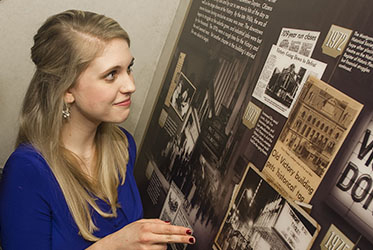 Our team of career professionals offer many career education opportunities listed on the university Career Calendar. Students who engage with these learning opportunities enhance their career readiness and are best prepared to be competitive applicants when engaging with employers for the purposes of networking, internships and full-time career employment.
Our team of career professionals offer many career education opportunities listed on the university Career Calendar. Students who engage with these learning opportunities enhance their career readiness and are best prepared to be competitive applicants when engaging with employers for the purposes of networking, internships and full-time career employment.
The career readiness of college graduates is an important issue in both higher education and the labor market. Career readiness, defined by the National Association of Colleges and Employers (NACE), is the attainment and demonstration of requisite competencies that broadly prepare college graduates for a successful transition into the workplace.
Based on extensive research among employers NACE has identified eight competencies associated with career readiness.
- Critical Thinking/Problem Solving: Exercise sound reasoning to analyze issues, make decisions, and overcome problems.
- Oral/Written Communications: Articulate thoughts and ideas clearly and effectively in written and oral forms to persons inside and outside of the organization.
- Teamwork/Collaboration: Build collaborative relationships with colleagues and customers representing diverse cultures, races, ages, genders, religions, lifestyles, and viewpoints.
- Digital Technology: Leverage existing digital technologies ethically and efficiently to solve problems, complete tasks, and accomplish goals.
- Leadership: Leverage the strengths of others to achieve common goals, and use interpersonal skills to coach and develop others.
- Professionalism/Work Ethic: Demonstrate personal accountability and effective work habits, e.g., punctuality, working productively with others, and time workload management, and understand the impact of non-verbal communication on professional work image.
- Career Management: Identify and articulate one's skills, strengths, knowledge, and experiences relevant to the position desired and career goals, and identify areas necessary for professional growth.
- Global/Intercultural Fluency: Value, respect, and learn from diverse cultures, races, ages, genders, sexual orientations, and religions.
